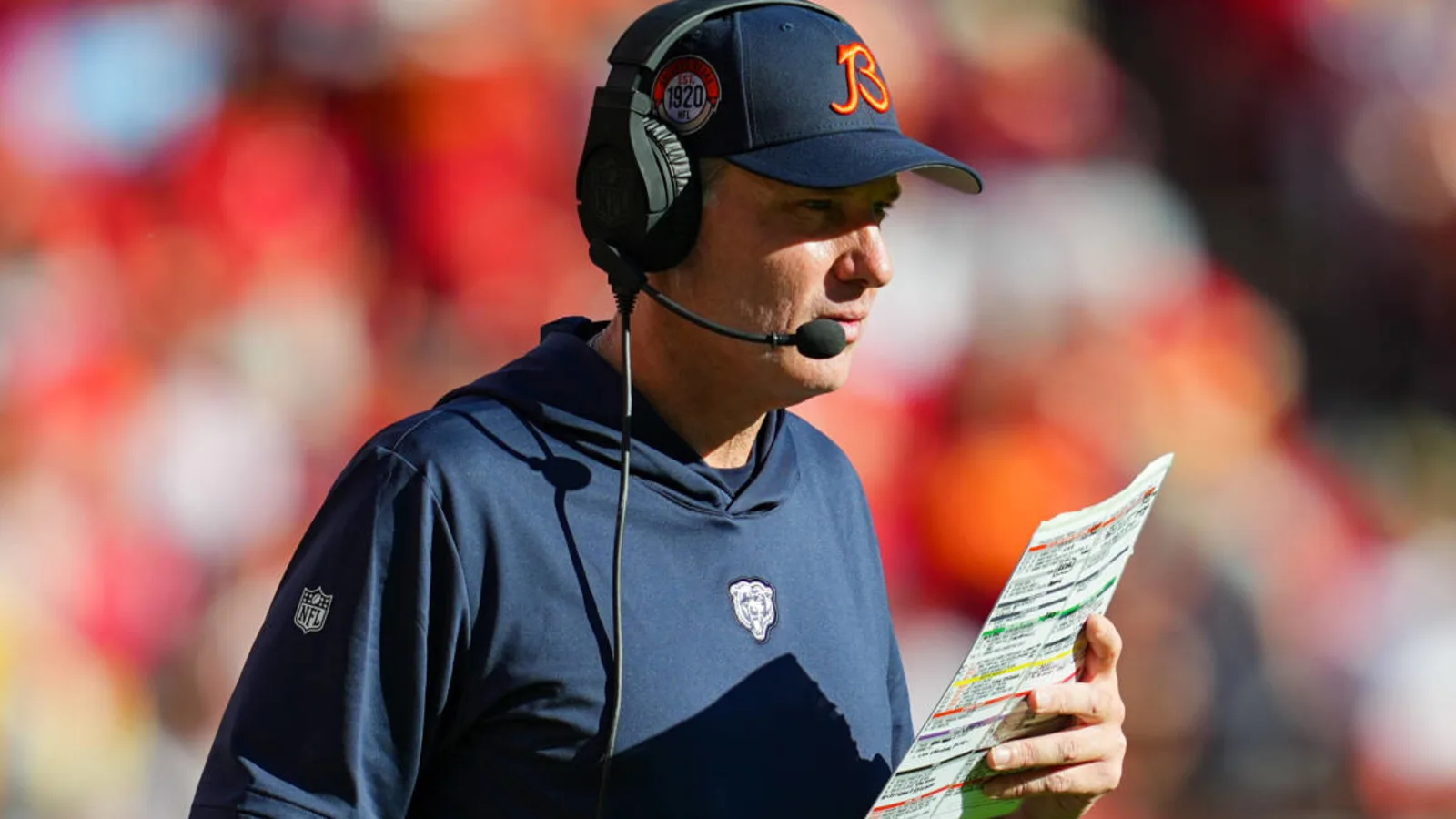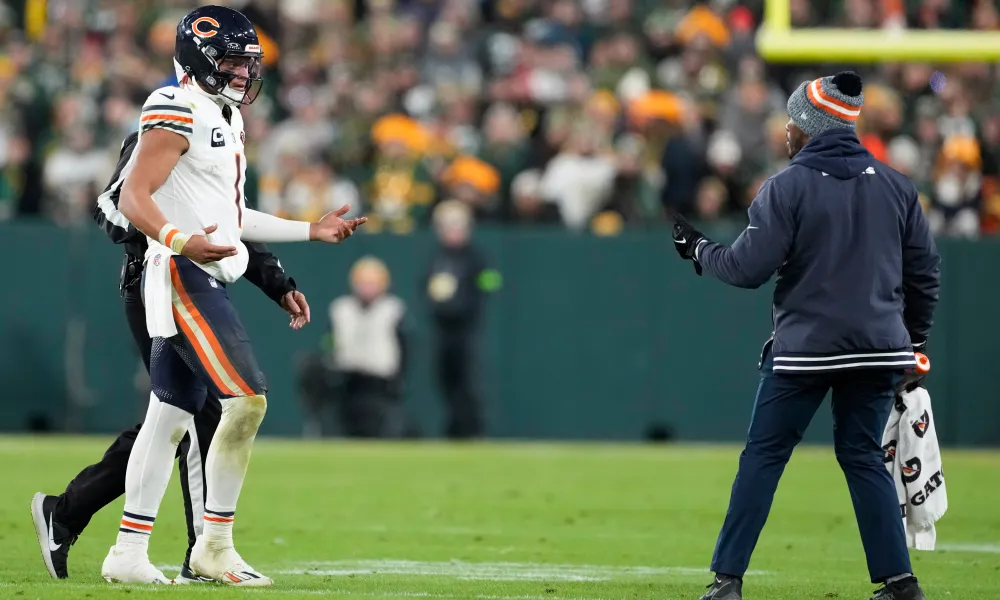
CHICAGO – Teams with an abundance of salary-cap room first look to invest in their own players. It’s always more sound to build from within than to chase veterans in free agency, where teams wind up overpaying for players who, in many cases, are available for a reason.
The Chicago Bears head into a seismic offseason with a healthy cap situation. They have the eighth-most “effective cap space,” according to overthecap.com, at $36.6 million. Effective cap space takes into account where a team will be after it has met what’s called the “Rule of 51,” for offseason bookkeeping purposes, and signed its projected rookie class. For the Bears, that includes the first and ninth picks in the draft.

The Bears’ figure is expected to rise. Releasing free safety Eddie Jackson and offensive lineman Cody Whitehair would create an additional $21 million in cap room. So general manager Ryan Poles has more than enough flexibility to accomplish his goals for the next phase of roster construction. That process figures to begin with negotiations to retain cornerback Jaylon Johnson, who was voted to the Pro Bowl Games and was a second-team All-Pro after a banner season that included a career-high four interceptions. “Jaylon’s not going to go anywhere,” Poles said last week, a sure sign the Bears are prepared to use the franchise tag if they’re unable to hammer out a multiyear contract before the window closes. Teams can apply the tag from Feb. 20 through March 5.
The franchise tag for cornerbacks is expected to be about $18.8 million in 2024, and that would set a floor for contract negotiations and buy another five months to work out more than a one-year deal. The Bears have used the franchise tag twice in the last decade – on wide receivers Allen Robinson in 2021 and Alshon Jeffery in 2016 – and placed the transition tag on cornerback Kyle Fuller in 2018.



Be the first to comment